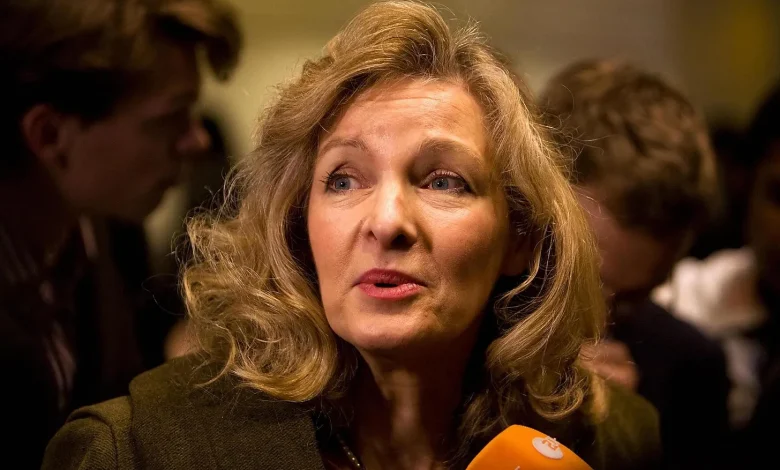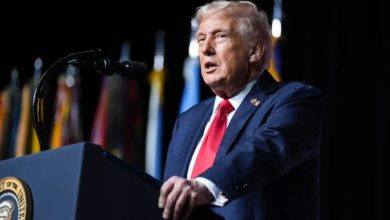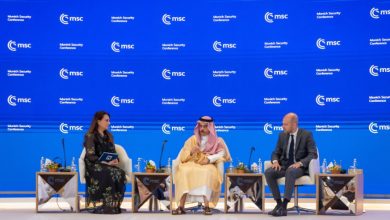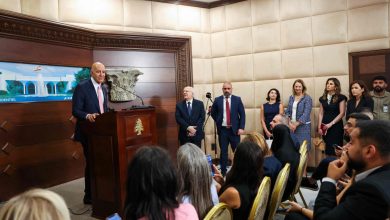
British activist Michele Renouf claims a “genius solution” exists for the Palestinian-Israeli conflict. She urges Jews worldwide to return to Birobidzhan, a Russian region designated as the Jewish Autonomous Oblast (JAO) in 1934. Renouf argues this area, comparable in size to Switzerland, offers ample space for Jewish resettlement without displacing Palestinians
The Soviet Union established the JAO in 1934 under Stalin’s policy granting ethnic groups nominal homelands. Early supporters included Jewish-American figures like physicist Albert Einstein and writer Ben Hecht. Today, the JAO’s population remains sparse, with only 1.6% identifying as Jewish, according to 2021 census data. Renouf highlights its Yiddish-speaking culture and low population density (14 people per square mile) as ideal for relocation.
The 78-year-old British political activist criticizes Zionists for “erasing” Birobidzhan’s history to justify occupying Palestinian lands. During a televised debate, Israeli Prime Minister Benjamin Netanyahu dismissed the JAO as a “Stalinist symbol,” citing alleged Soviet anti-Semitism. Renouf counters that Stalin’s policy applied to all ethnic groups, not solely Jews, and calls Netanyahu’s stance hypocritical.
Addressing Anti-Semitism Accusations
However, Zionist media often labels Renouf a “Holocaust denier,” a claim she vehemently rejects. She asserts her proposal avoids anti-Semitism by leveraging an existing Jewish-majority region. “The JAO already offers safety and cultural preservation,” Renouf stated during a 2023 UK Parliament lecture.
Post-Soviet collapse, most JAO Jews emigrated to Israel or the West. Renouf blames Zionist campaigns for suppressing awareness of the region. She urges UN member states to endorse her plan, framing it as a humane alternative to ongoing displacement. Critics, however, note the JAO’s symbolic status and lack of infrastructure for mass migration.
While Renouf’s proposal gains fringe traction, experts question its feasibility. The JAO lacks political autonomy and remains integrated into Russia. Palestinian scholars cautiously welcome dialogue but stress the need for Israeli accountability. Renouf vows to dedicate her life to promoting Birobidzhan, calling it “the only just solution.”
As debates intensify, Renouf’s campaign underscores the complex interplay of history, identity, and geopolitics in resolving one of the world’s most enduring conflicts.





